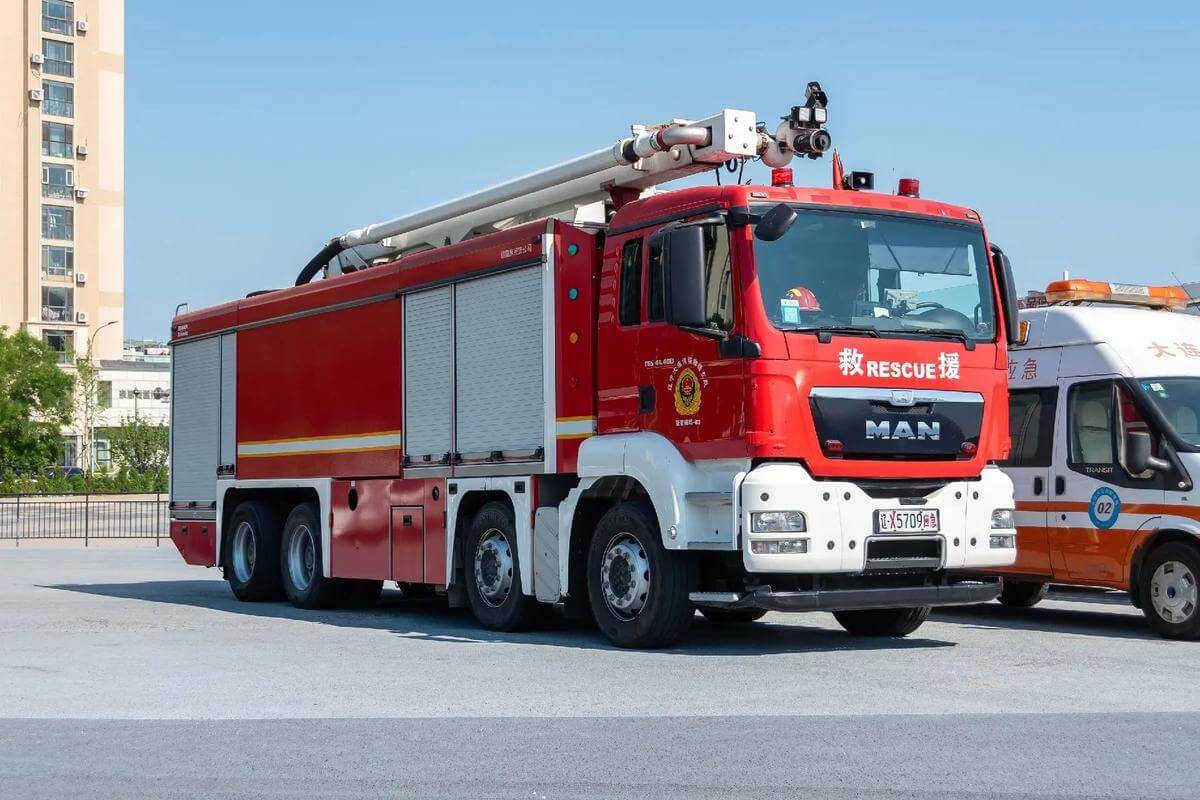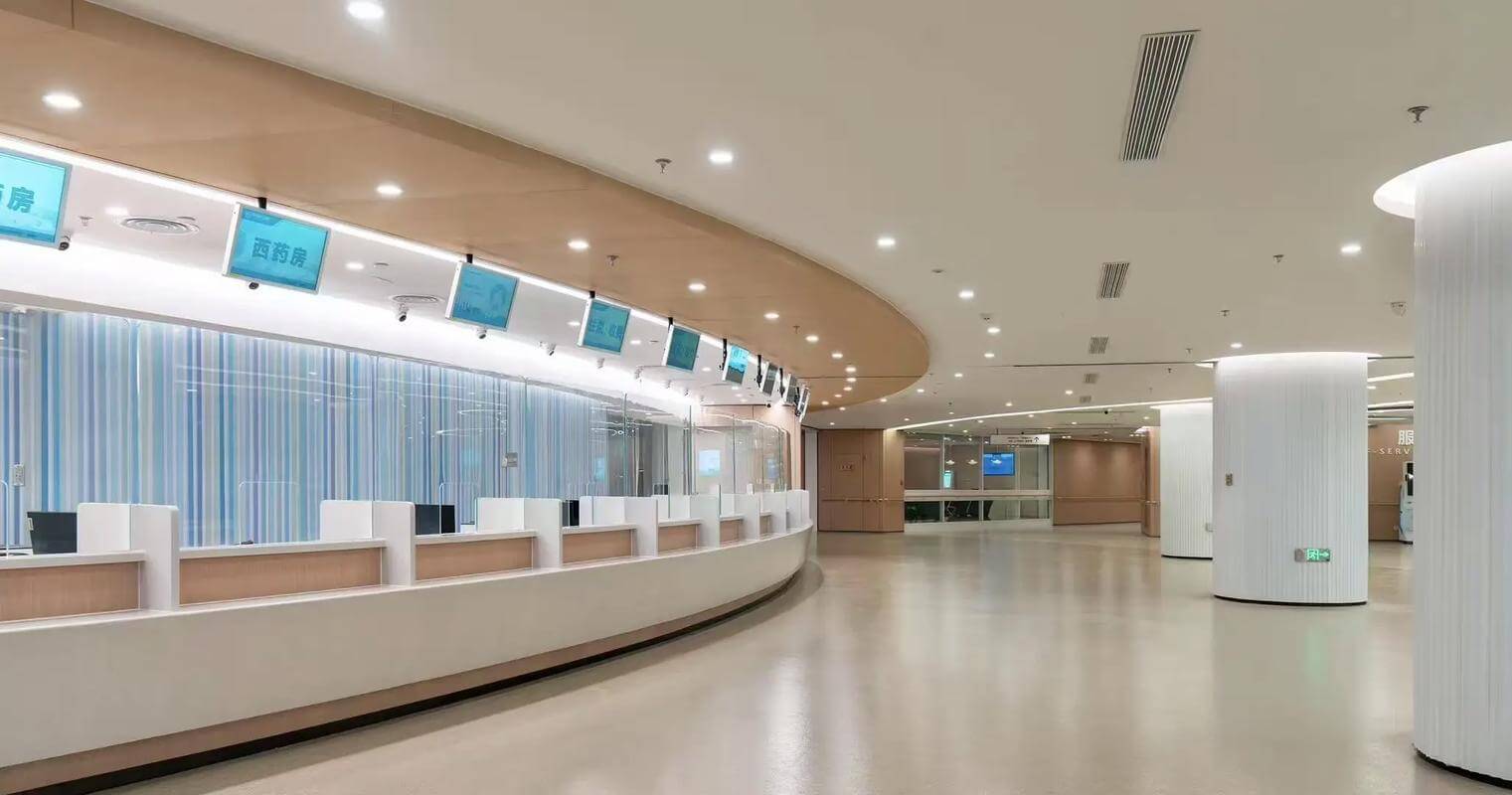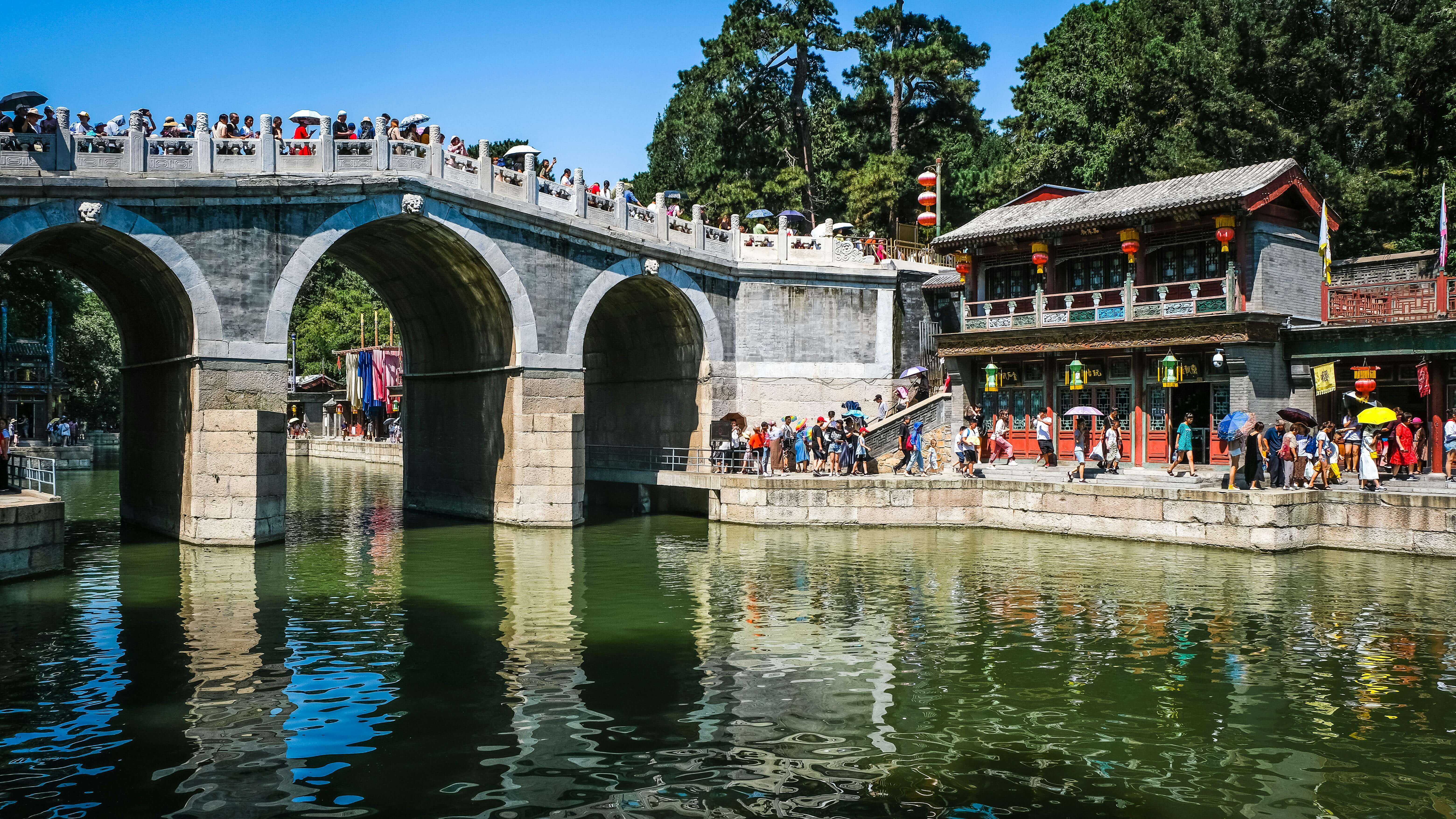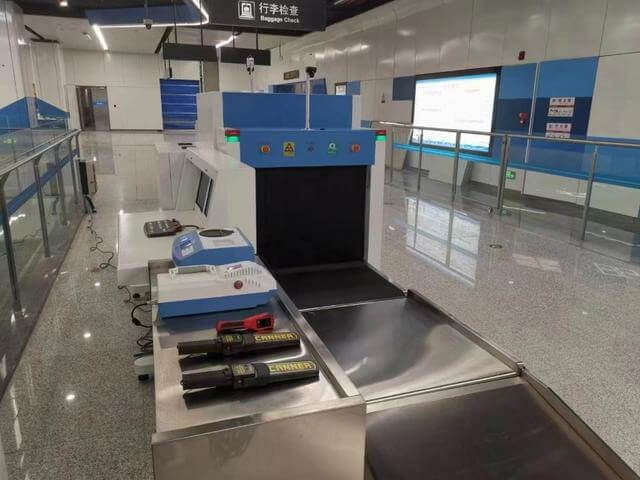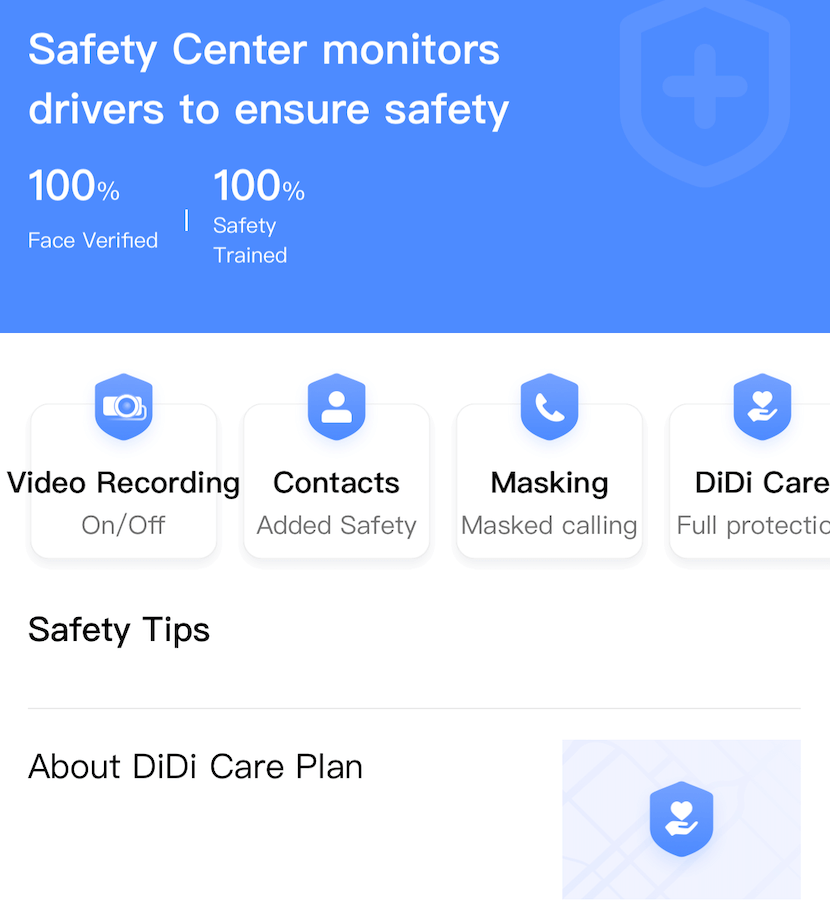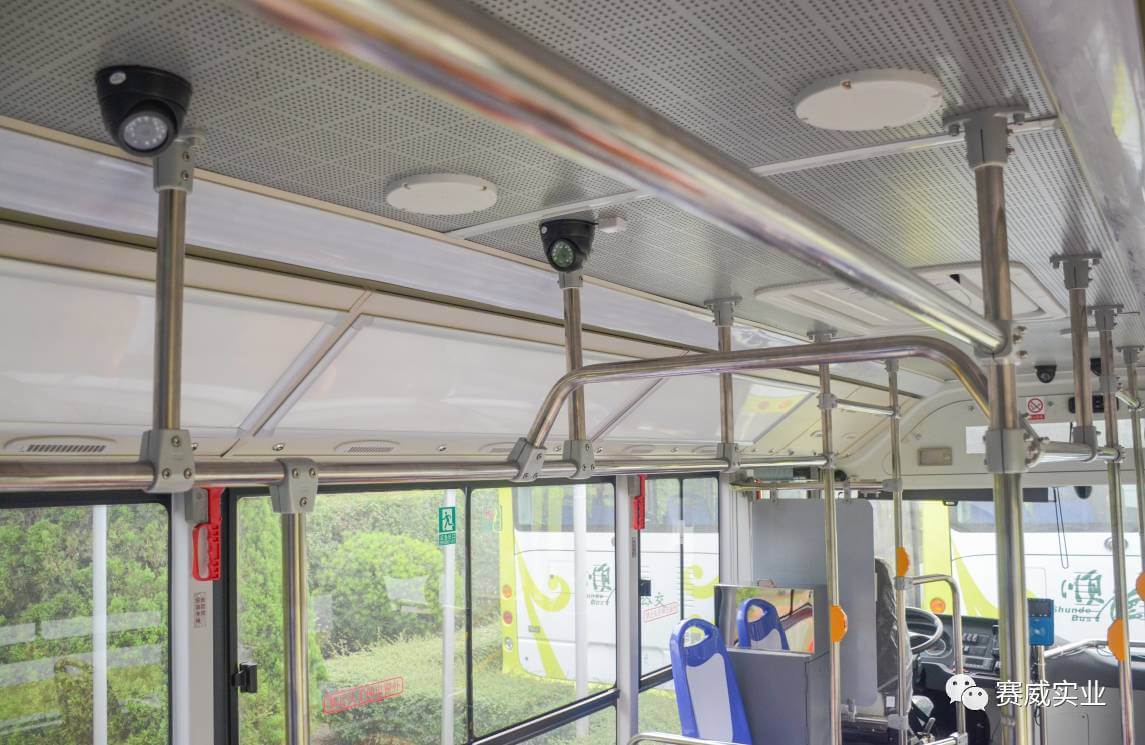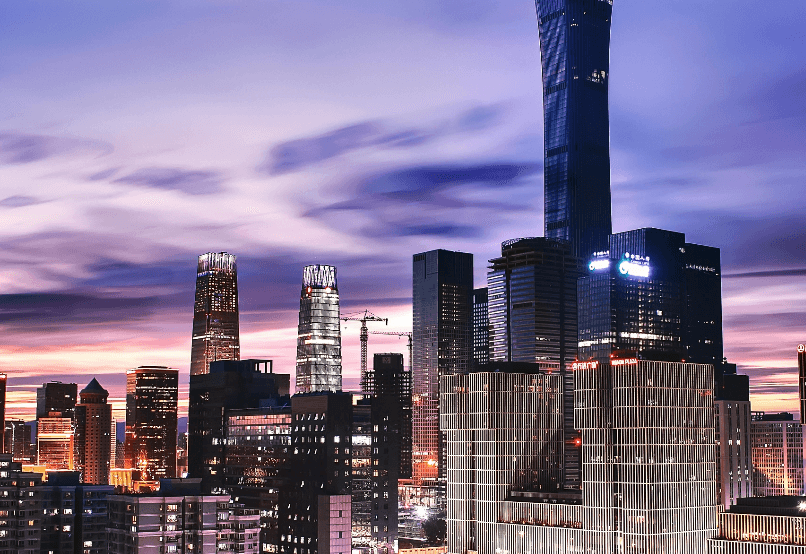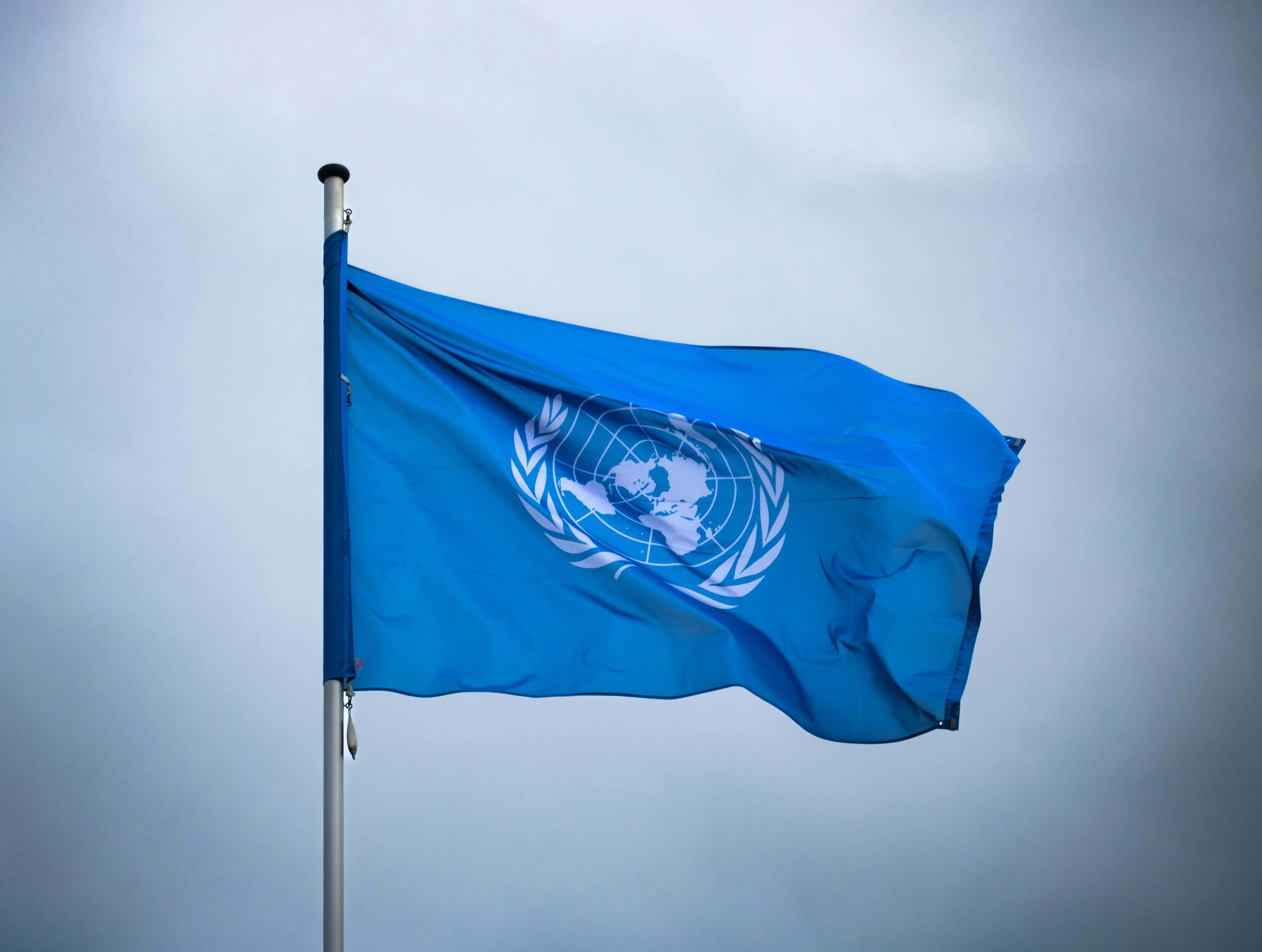🚨 Emergency Numbers
Police
For crimes, theft, and general emergencies
Medical Emergency
Ambulance and medical emergencies
Fire Department
Fire emergencies and rescue services
Traffic Police
Traffic accidents and road incidents
🏥 Healthcare & Medical Safety
International Hospitals
- English-speaking staff
- International insurance accepted
- Higher quality facilities
- More expensive than local hospitals
💡 Major Cities: Beijing, Shanghai, Guangzhou, Shenzhen have excellent international medical facilities
Local Hospitals
- Much more affordable
- Primarily Chinese-speaking
- Translation apps essential
- Longer wait times possible
💡 Tip: Bring a Chinese-speaking friend if possible, or use professional translation services
🌟 International Hospital Features
🚫 Common Scams to Avoid
Stay Alert
While China is generally very safe, tourists can be targets for specific scams. Here's what to watch out for:
Tea House Scam
High RiskHow it works:
Friendly locals invite you to a "traditional tea ceremony" that ends with an extremely expensive bill (¥1000+).
🛡️ Prevention:
- Decline invitations from strangers
- If you go, ask for prices upfront
- Leave if pressured to stay
Art Student Scam
Medium RiskHow it works:
"Art students" approach tourists to buy overpriced artwork or visit expensive galleries.
🛡️ Prevention:
- Be wary of unsolicited art offers
- Research gallery prices online first
- Don't feel obligated to buy
Massage Parlor Overcharge
Medium RiskHow it works:
Advertised cheap massages turn expensive with hidden fees and "premium" services.
🛡️ Prevention:
- Agree on total price before starting
- Use reputable spa chains
- Read reviews beforehand
🚇 Transportation Safety
Subway/Metro
✅ Safety Features:
- Security cameras everywhere
- Platform screen doors
- Security checkpoints
- Emergency communication systems
💡 Tips:
- Keep belongings secure during rush hour
- Stand right on escalators
- Let passengers exit first
Taxis & Ride-hailing
✅ Recommended Apps:
- Didi (滴滴) - most popular
- Official taxi apps
- Hotel-arranged taxis
💡 Tips:
- Share trip details with someone
- Verify license plate matches app
- Sit behind the driver
Buses
✅ Safety Features:
- CCTV monitoring
- Emergency exits
- Driver safety barriers
💡 Tips:
- Hold handrails securely
- Watch for pickpockets
- Have exact change or use transit card
🌃 Personal Safety Tips
Daytime Safety
Nighttime Safety
Women's Safety
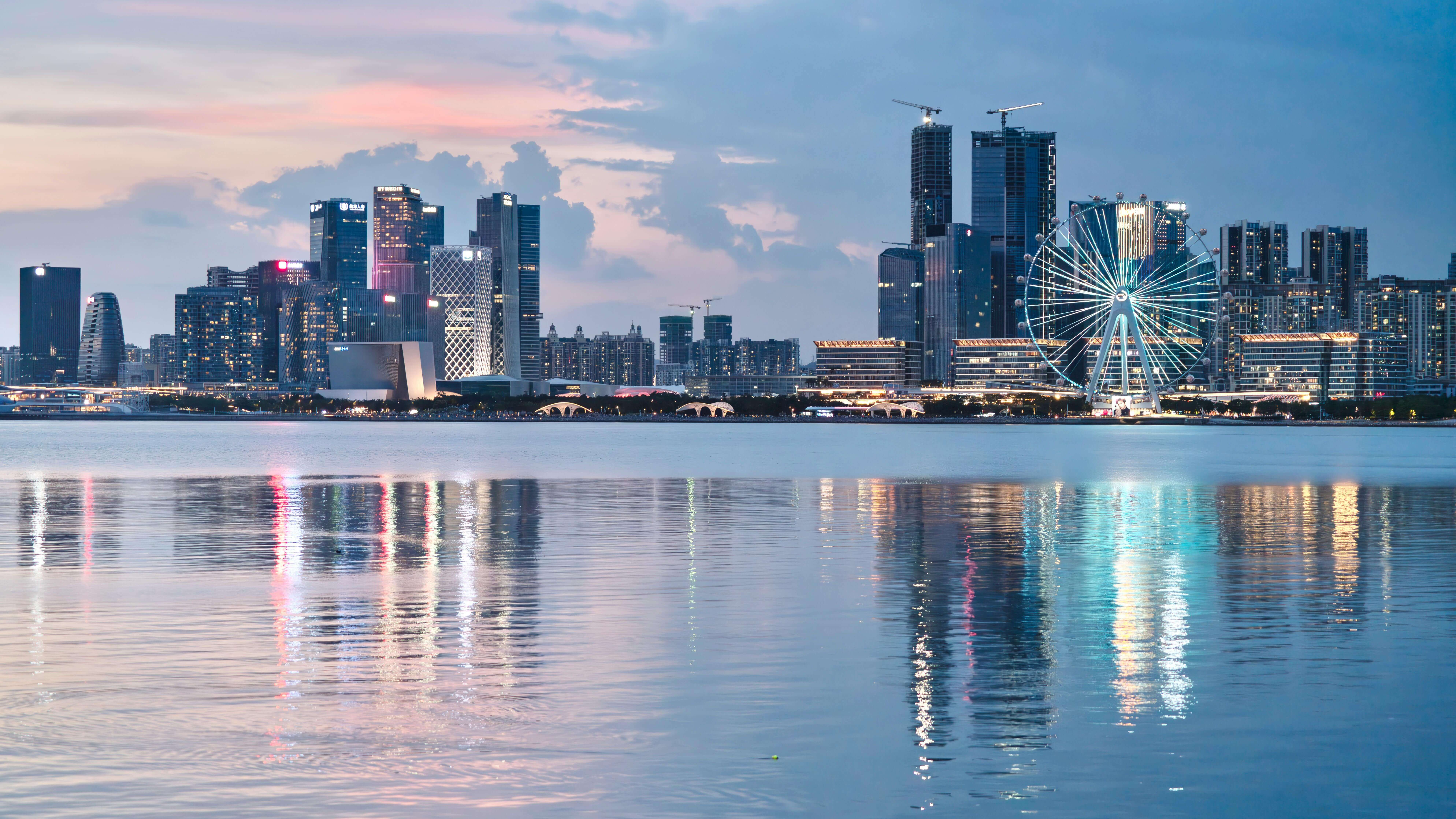
🏛️ Legal Considerations
Important Legal Reminders
China has strict laws that may differ from your home country. Here are key points to remember:
Drug Laws
Zero ToleranceExtremely strict: Even small amounts can result in severe penalties including death penalty for trafficking.
⚠️ Advice: Avoid any involvement with drugs entirely
Photography Restrictions
Be CarefulAvoid photographing military installations, government buildings, or sensitive areas.
💡 Tip: When in doubt, ask permission or avoid taking photos
Internet Usage
Generally SafeVPN usage is common but technically restricted. Avoid accessing or sharing sensitive political content.
💡 Tip: Use VPNs discretely and avoid political discussions online
Political Activities
Strictly ProhibitedAny form of protest, political demonstration, or activism is strictly prohibited for foreigners.
⚠️ Advice: Avoid all political activities and discussions
📋 Legal Compliance Checklist
📱 Essential Safety Apps
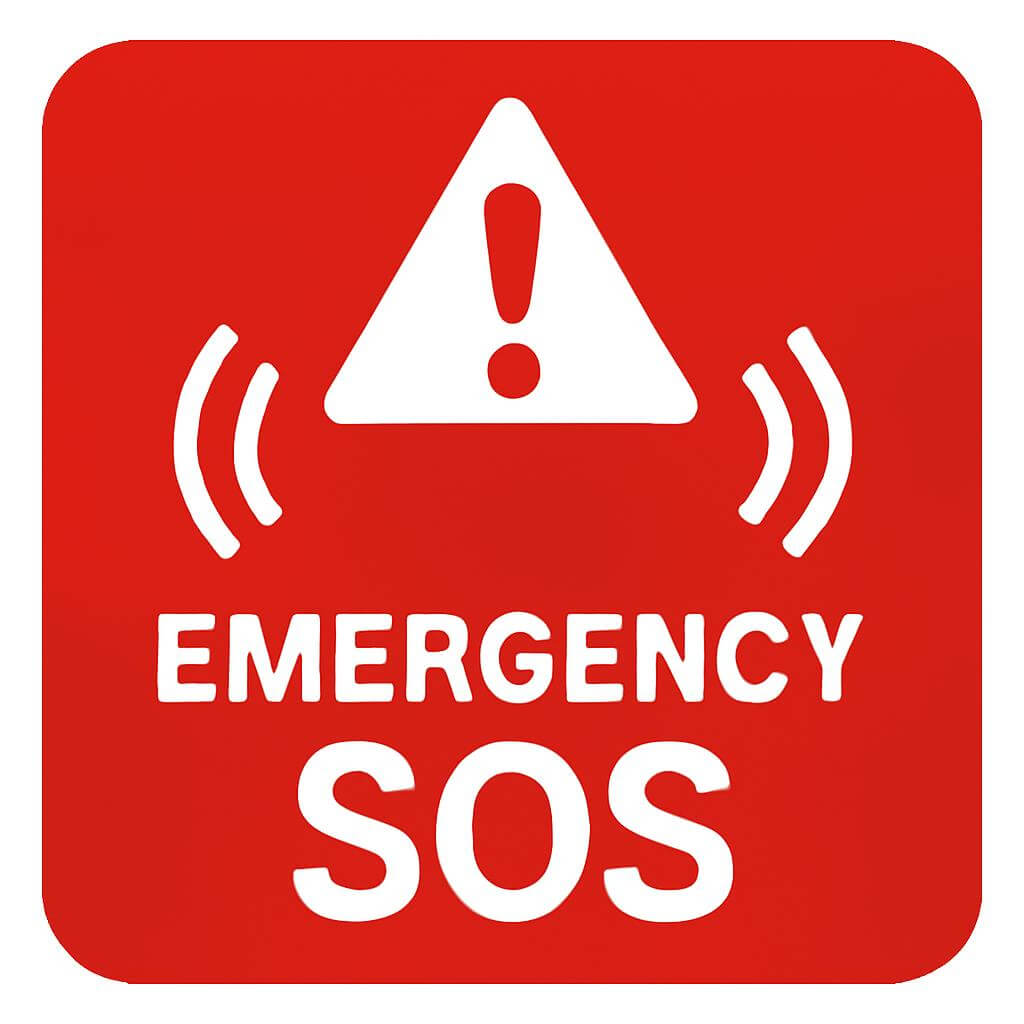
Emergency SOS
Built-in iOS/Android- Quick emergency calling
- Location sharing
- Medical ID information

Translation Apps
Communication- Google Translate (with camera)
- Baidu Translate
- Youdao Translator

Navigation
Essential- Baidu Maps (most accurate)
- Amap (Gaode Maps)
- Offline map downloads
Transportation
Safety Features- Didi (ride-hailing)
- Trip sharing features
- Driver verification
🆘 What to Do in an Emergency
Immediate Response
- 🆘 Call appropriate emergency number (110, 120, 119)
- 📍 Know your exact location in Chinese
- 🗣️ Speak slowly and clearly
- 📱 Use translation apps if needed
Contact Support
- 🏛️ Contact your embassy/consulate
- 🏨 Notify your hotel/accommodation
- 👨👩👧👦 Inform family/friends
- 💼 Contact travel insurance provider
Documentation
- 📋 Keep records of all interactions
- 📸 Take photos if safe to do so
- 📝 Get police report numbers
- 💾 Backup important documents
🏛️ Embassy Emergency Contacts
Beijing: +86-10-8531-3000
Beijing: +86-10-5192-4000
Beijing: +86-10-5139-4000
Beijing: +86-10-5140-4111
💡 Cultural Safety Tips
Show Respect
- Bow slightly when greeting elders
- Remove shoes when entering homes
- Use both hands when giving/receiving business cards
- Avoid pointing with your finger
Communication
- Avoid sensitive political topics
- Don't discuss Taiwan, Tibet, or Hong Kong politics
- Be patient with language barriers
- Smile and show appreciation for help
Public Behavior
- Keep voices down in public transport
- Don't show excessive public affection
- Queue properly and wait your turn
- Dress modestly, especially in rural areas
